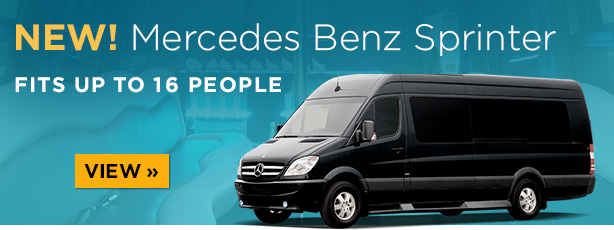Limousine Company Facts
Q: What is limo brokering and how does it put me at risk?
- A reservation clearinghouse or limousine broker do not own their own vehicles or hire the chauffeurs; they simply pass on your reservation to a locally-based company. There is no guarantee that they can provide the limo or service you request since they merely find an available affiliate to cover the job.
- Hidden in the price is a broker premium, sometimes as much as 20% above regular price.
- At this point you are neither the broker’s or the affiliate’s client. The affiliate company will service their own clients before you. Once this happens, the limousine broker is no longer in control of your reservation and you are left on your own.
- A limousine or party bus broker will claim to be able to “book a car anywhere” or “service over 25 countries and 200 cities”. The truth is that there are only two to three limousine companies that own cars worldwide.
- A limousine broker will give you instant pricing on your reservation. While convenient, an actual limousine company understands that pricing fluctuates based on the season, current demand and location. In order to give the customer the best price possible all these factors must be considered, and for this reason it is virtually impossible to post standard pricing on a website. However, limousine brokers are not interested in offering the best possible rate. They simply tack on the broker fee to the previously negotiated subcontracted rate.
- Internet brokers obtain names symbolic of national prominence such as, “1 800 Book A Limo Fast” or “Limousine Network Worldwide.”
Q: What are the basic requirements all passenger motor carriers must meet before they can be authorized to operate?
- File evidence of liability insurance coverage on a PUC-prescribed form.
- If workers are employed, file evidence of workers’ compensation insurance on a PUC-prescribed form.
- Participate in the DMV Employer Pull-Notice System.
- Participate in the PUC’s drug and alcohol testing program.
- For any vehicle seating more than 10 (including the driver), undergo a CHP safety inspection.
Q: What are the liability insurance requirements for PSC and TCP operators?
With the exception of a Class C charter-party carrier certificate holder, the following minimum liability insurance requirements apply (based on vehicle seating capacity, not including the driver):
- 7 passengers or less…………$750,000
- 8 through 15 passengers…..$1,500,000
- 16 passengers or more……..$5,000,000
Q: What is the difference between a TCP certificate and a TCP permit?
The law provides three types of certificates and three types of permits. These are the operating authorities and the services they authorize:
- Class A certificate-Charter service between any points in the state; round-trip sightseeing service.
- Class B certificate-Charter service between any points within a radius of 125 air miles of the carrier’s home terminal to any other point in the state. (Per federal law, the mileage limitation may not apply to transportation provided in vehicles that seat more than ten, including the driver.)
- Class C certificate-Transportation services incidental to commercial balloon operations, commercial river rafting or skiing.
- “P” permit-Charter services using only vehicles under 15-passenger seating capacity.
- “S” permit-Round-trip sightseeing services.
Risks you assume when shopping for “Cheap Limos”:
- Your limousine does not arrive on time causing you to miss your event, flight or appointment.
- A 1989 limousine rusting at the seams arrives at your door when you were expecting a 2011 model. Instead of being lavished in luxury, you are embarrassed.
- Your limousine chauffeur exercises poor customer service with your company’s most influential client.







